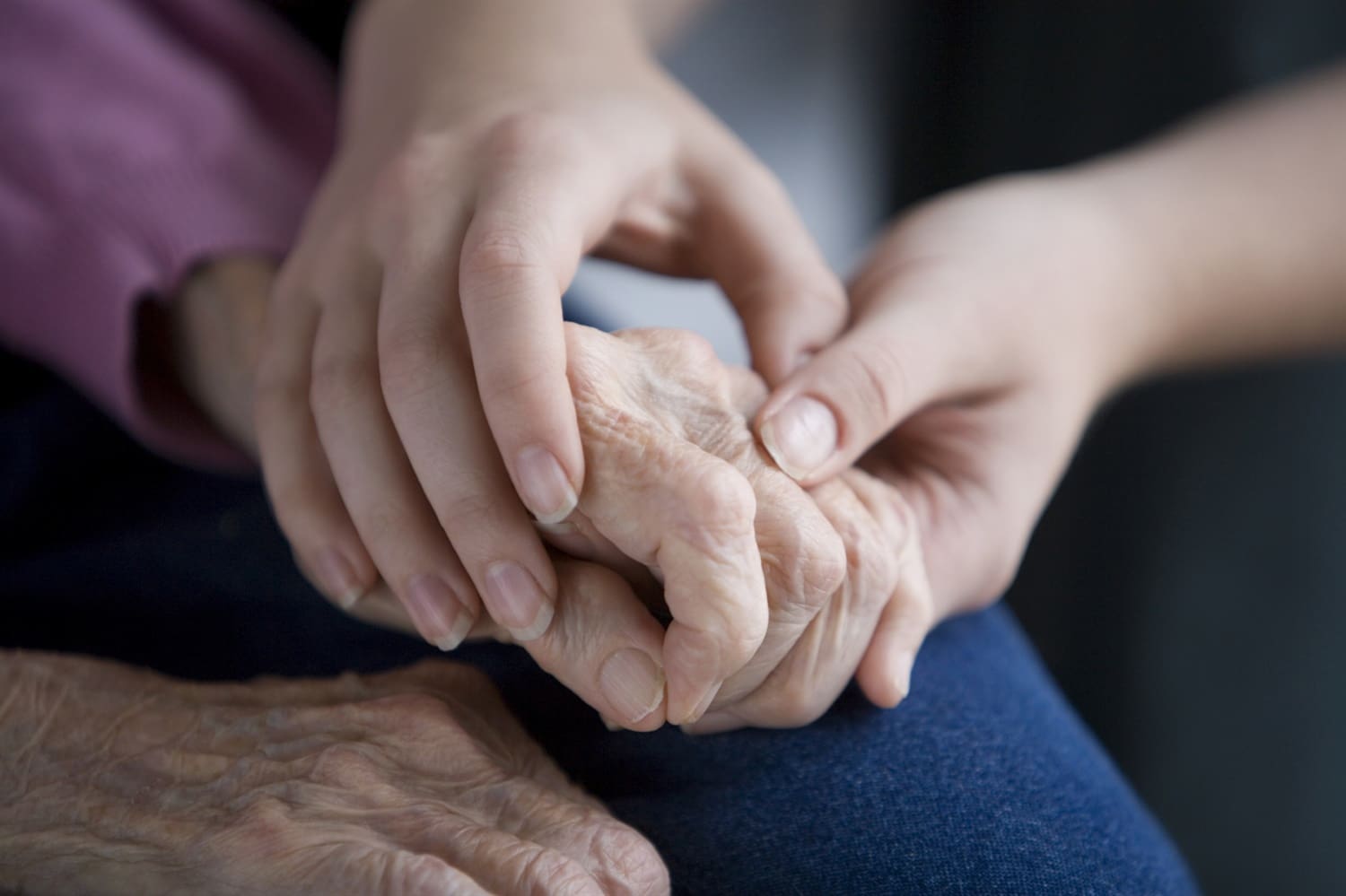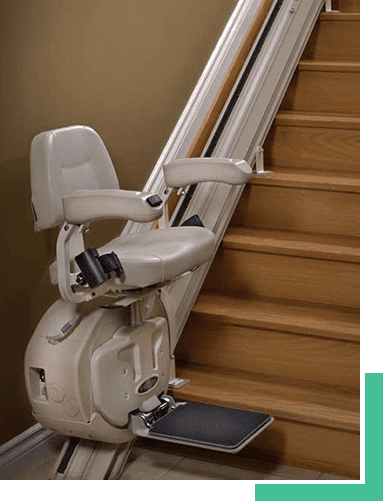What different roles are there in social care?
Social care is one of the most important job sectors to support modern life. There’s a huge variety on offer in this very rewarding industry. However, before you dive in, it’s worth exploring just what roles there are, and what you could specialize in.
As a social carer, you could work with a variety of people including:
– The elderly
– Adults, teens, and children with mental health problems
– Families experiencing stress
– Those with addiction issues
– Vulnerable or at-risk children
– Employees and workplaces.
These people may need your help in a variety of ways.
Domiciliary (home) care or personal assistant
This is personal care, such as in home health care and support provided in an individual’s home to help them lead independent lives with your helping hand. This may be through the NHS or independently contracted. Some roles in this category range from dressing and cleaning help to activities management and chaperoning, especially for younger people, for social activities and family care support.
Advocacy worker
Supporting access to information or needs. This role acts as support for those who need to manage processes or arrangements, such as banking, housing or legal issues. Advocates act so their client’s voice is heard.
Employment or education support
Supporting clients through their education or employment, this role helps and negotiates so the individual can participate fully in a workforce or place of learning.
 Community support
Community support
Social care workers in the community provide practical support to help people participate and lead their lives despite any issues they may have or currently be facing, such as violence, drug or alcohol issues. A community role could even include daily visits with local residents or transporting and supervising hospital and medical appointments.
Counsellor
There are lots of different pathways for counsellors within social care, working from one-to-one individual care to group and family or employee counselling. You may deal with clients affected by violence and abuse right through to adjustment within fostering and adoption, or even support those post-incarceration.
Managers and administration support
These are the people who have oversight and responsibility for the multitude of workers out in the field or in the office who support those who need care. They take care of the paperwork, finances and strategic visions that allows the hands-on support to get on with their essential daily work. Head over to the National Careers Service find out more.
For a complete list of social care jobs and their titles offered in the UK, visit the National Career Service social services career webpage (or the Skills for Care website) to start your social care journey.




6 Comments
Kate Sarsfield
There are also all the roles that support those on the front line: the admin, those who advocate for those who have no voice, those who lobby politicians, who organise fundraising etc. All are professional positions with good prospects.
Tamra Phelps
I have a few family members in social work & I know how committed they are. It is definitely stressful at times, but they get a lot from their work
Sarah L
I’m very grateful for all the people who go into these fields.
KATE SARSFIELD
I worked in Special Education and then as a Social Care Professional for most of my working life and can highly recommend both. People tend to have a very narrow view of what social care involves; believe me it’s not just wiping bottoms! I have helped people learn to send emails to grandchildren in far off countries, cried as they won medals in the Special Olympics and laughed a lot! I have advocated for those who have no voice in court, helped to remove vulnerable people from danger and climbed the Eiffel Tower! It is a tough job but very much worth it.
michele soyer
Great post..Not enough young people beginning their career education think of this as a career.. Noble job very noble and a job you can be proud of for helping others….
Rosie
This is a great article. It would be good to get into social care and get the required education and credentials when you are young. There will probably be an ever increasing demand for these careers, and they would be very fulfilling, too!